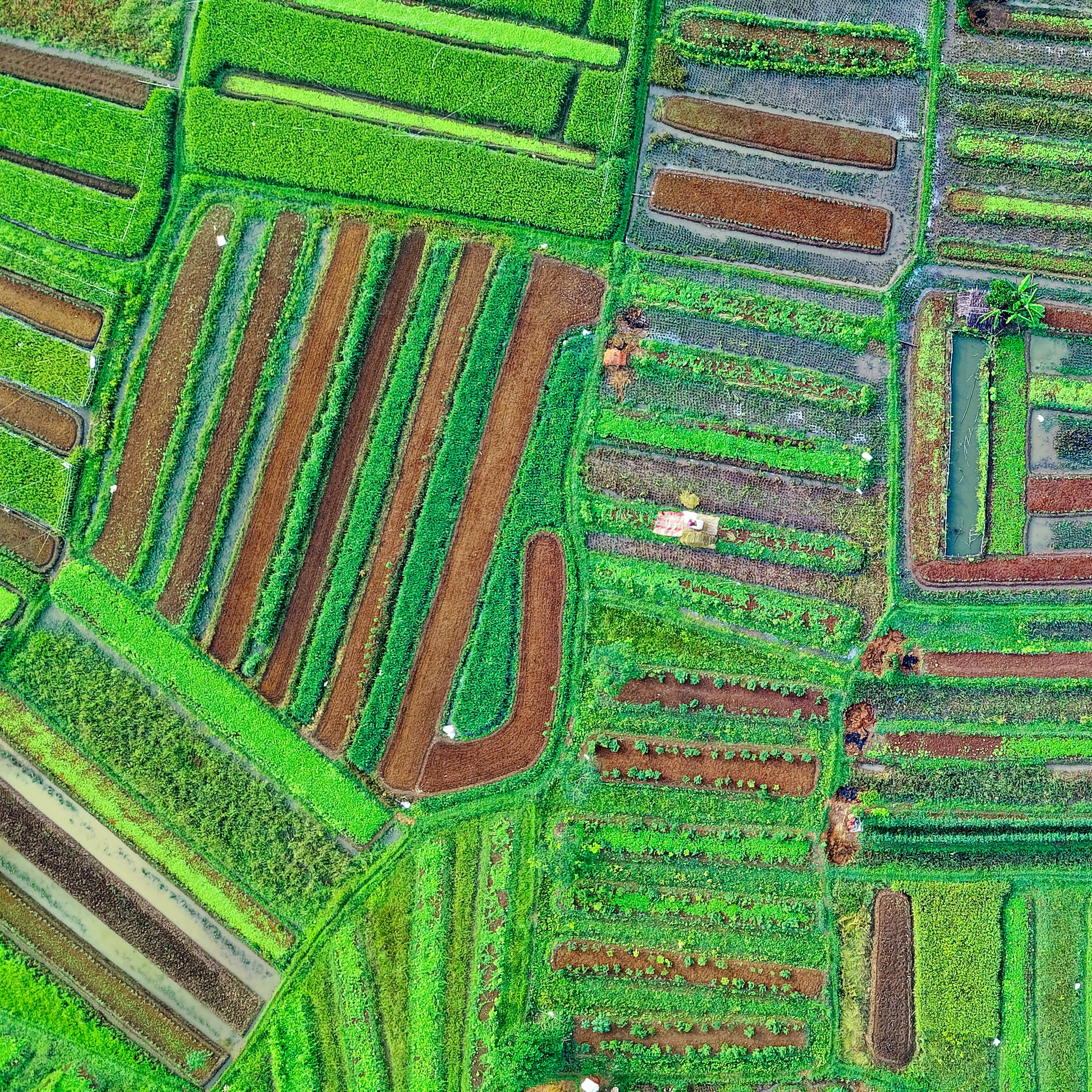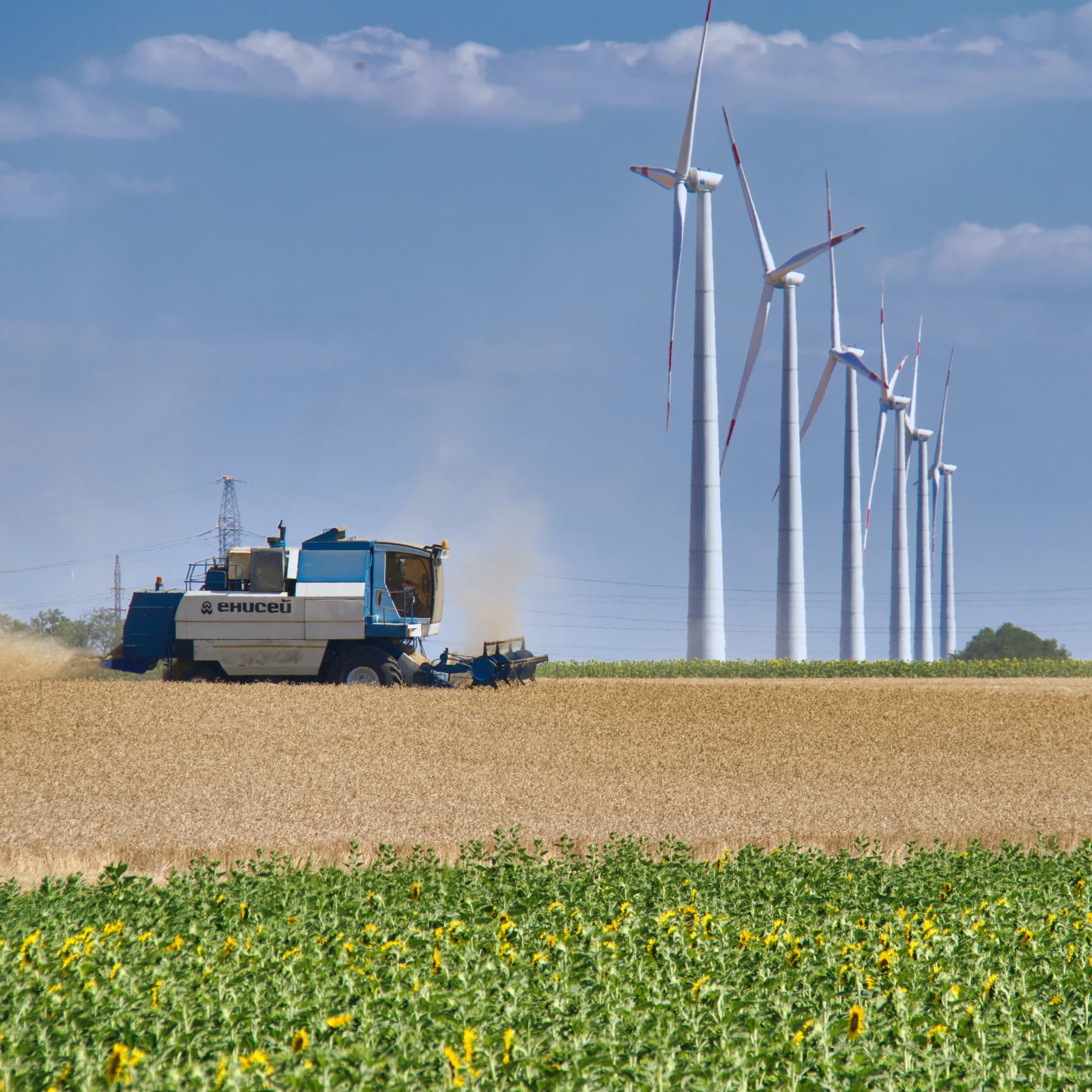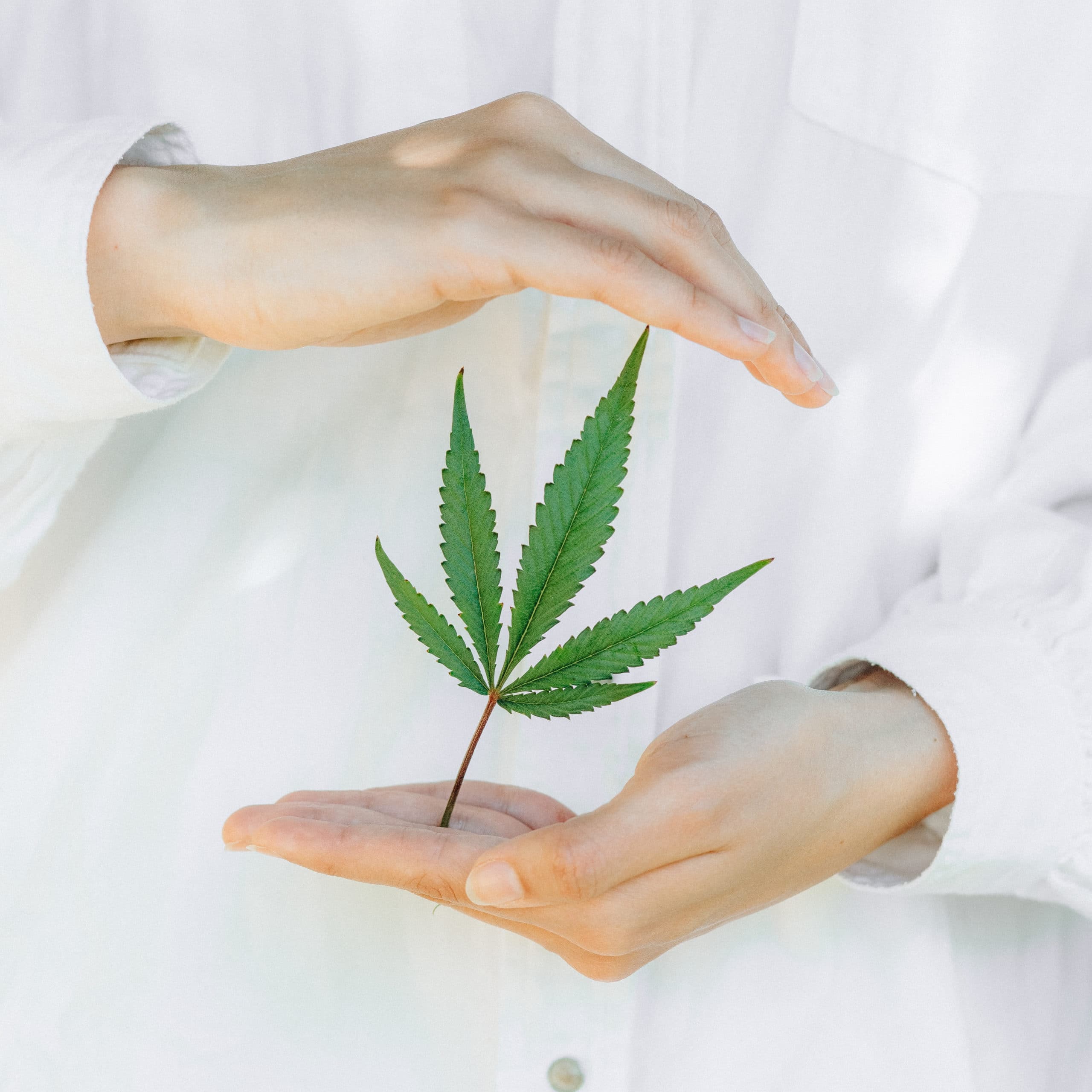
In an evolving world, we are making conscientious decisions that positively affect our environmental footprint by choosing a more sustainable lifestyle with plant-based products that leave a better and lasting impact on our future. New plant-based products are transforming consumer goods while also creating new opportunities within the supply chain for farmers, processors, and industry alike. We believe this sustainable evolution is here to stay. With plant-science as our foundation, we pledge, alongside our strategic partners, to implement environmentally conscious solutions that create lasting value for present and future generations.

We are focused on supporting the development of plant-based solutions that provide opportunities for farmers and industry innovators. This is where industrial hemp comes in. As a natural fiber, hemp has the ability to sequester CO2 and be grown at scale as a low-input crop that produces balanced levels of cellulose and lignin, which are the building blocks of many bioplastics and renewable textiles. Compared to other natural fiber crops, industrial hemp lends itself to be a sustainable tool that provides lasting value to farmers and industries.

Genetics, the foundation of the supply chain, and backbone of the plant, are the reason industrial hemp is not widely used as a sustainable tool. The genetics that do exist originate in Asia or Europe, and are not tailored to growing climates in the US, which results in inconsistent quality and yield. This creates a disruption within the supply chain, from seed to market. The industry requires a sustainable solution focused on improving genetics to provide consistent material that is both economical and efficient for farmers and industry innovators.

In collaboration with our strategic partners, we are leveraging advanced technologies in molecular breeding to provide an accelerated breeding service. By isolating and identifying specific quality traits, we can create hemp genetics personalized for each level of the supply chain, from high yields and efficient agricultural practices to tailored processing that meet product specifications. Without the use of GMOs, this technology is dedicated to providing sustainable solutions for plastic, paper, insulation, building materials, packaging, and more through the creation of personalized craft plants designed to meet global sustainability goals.
